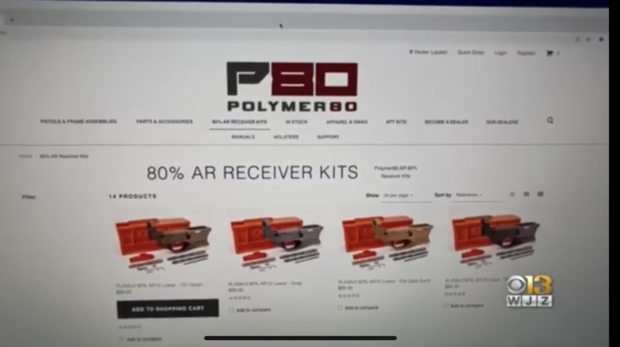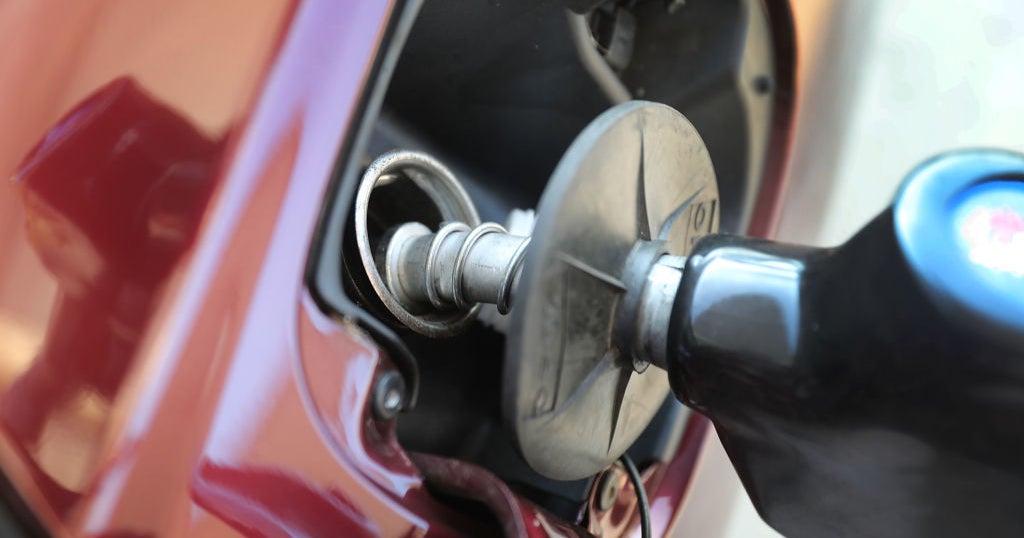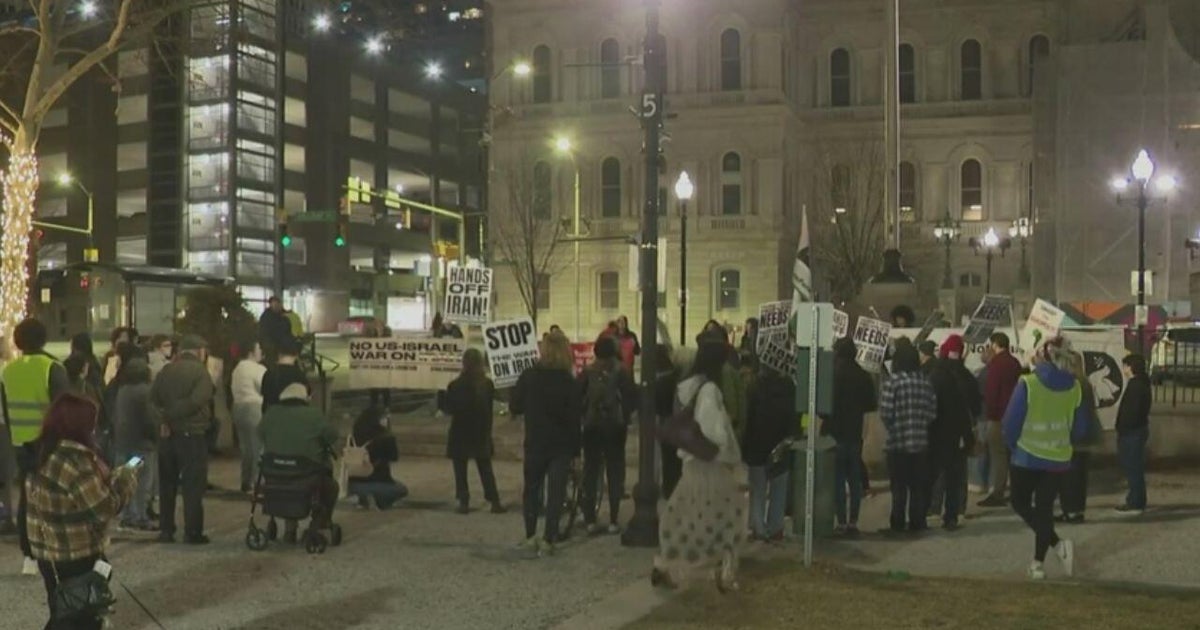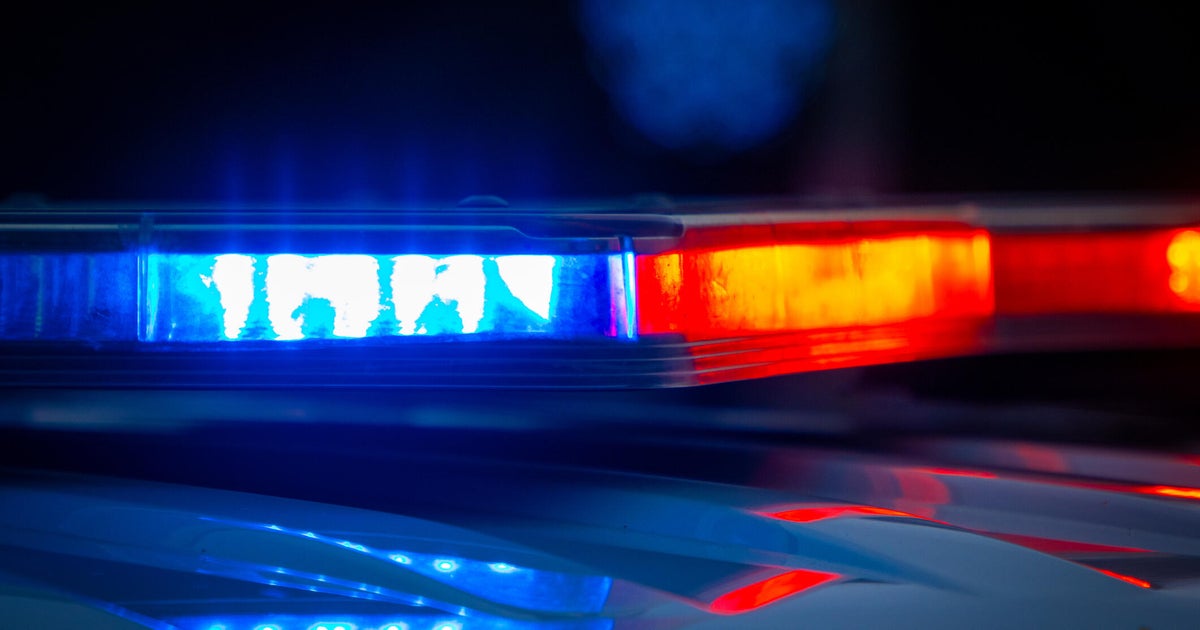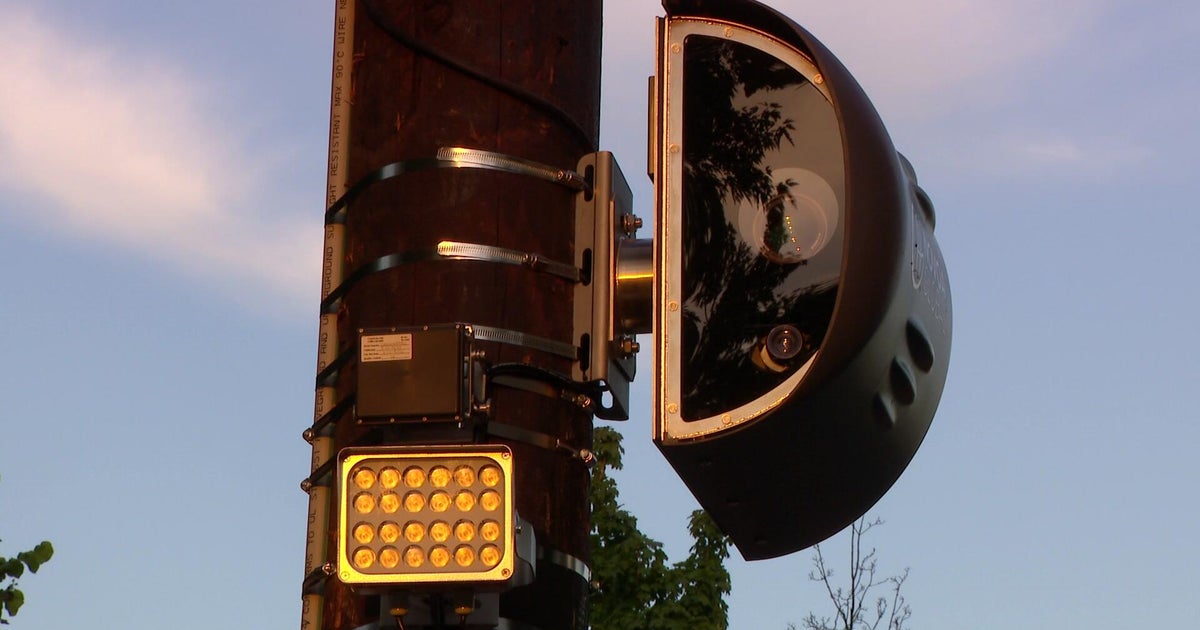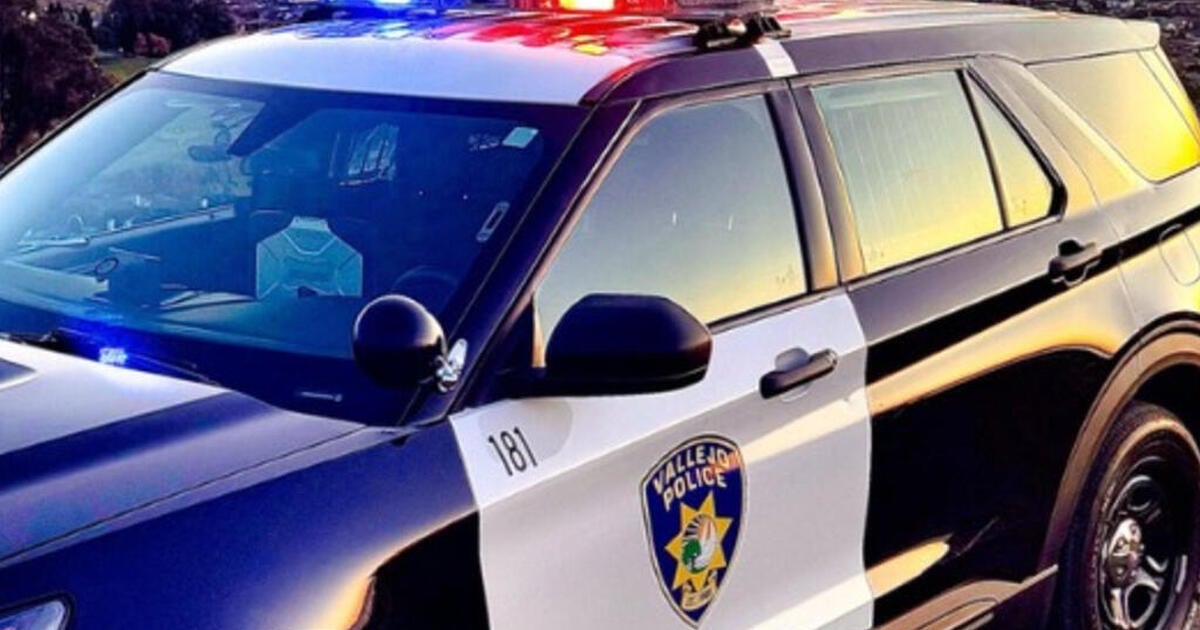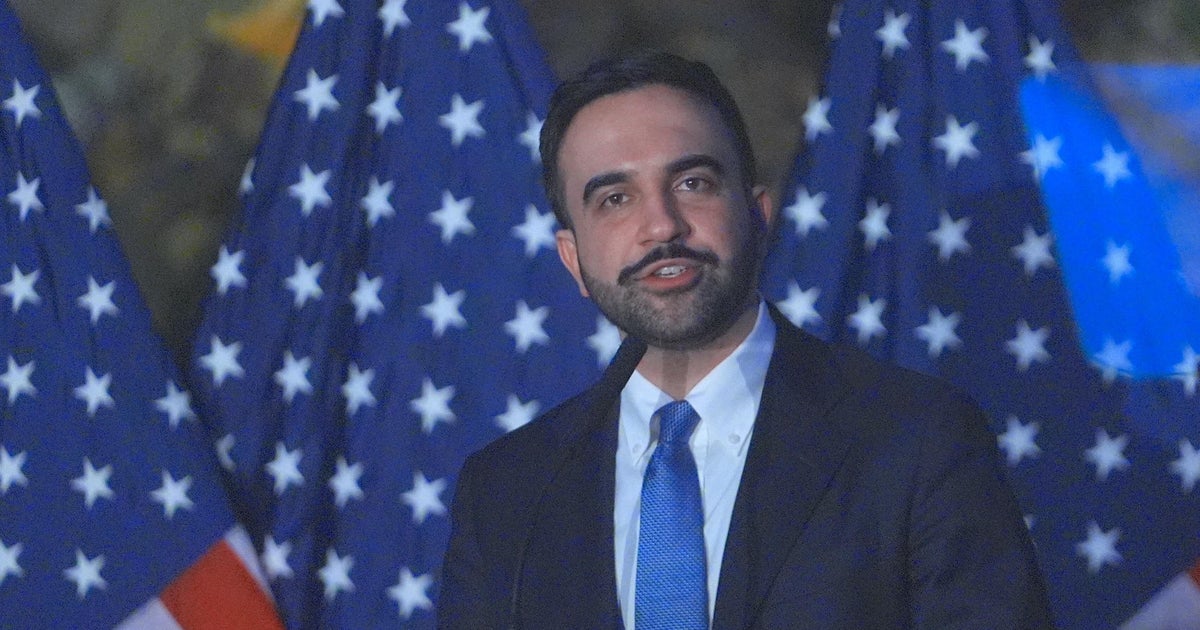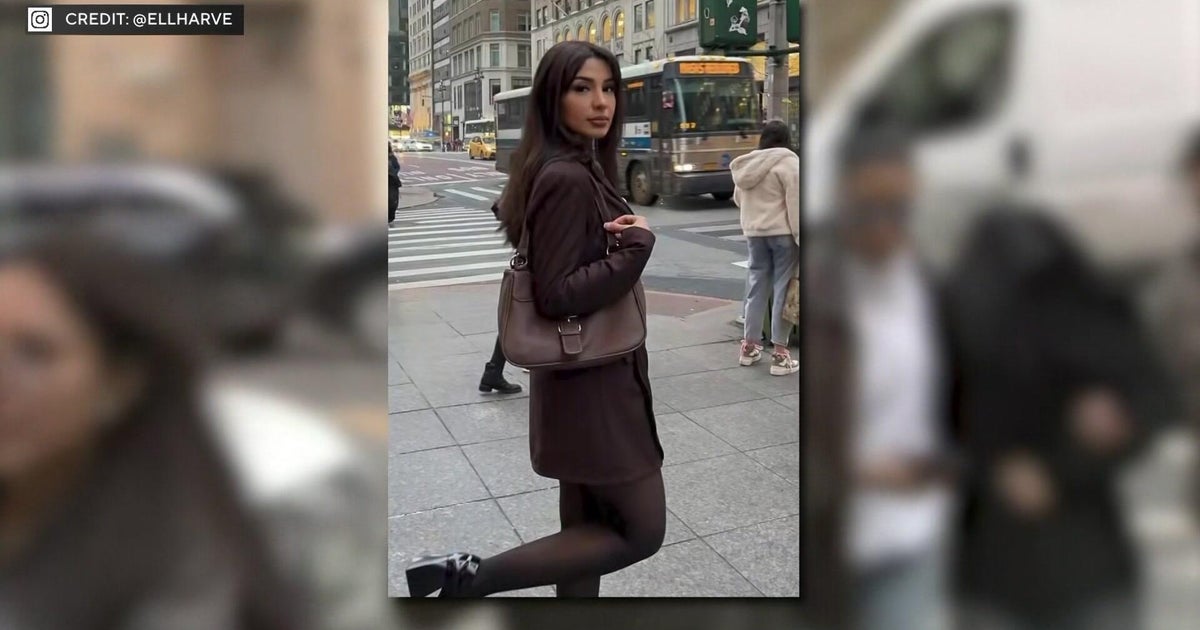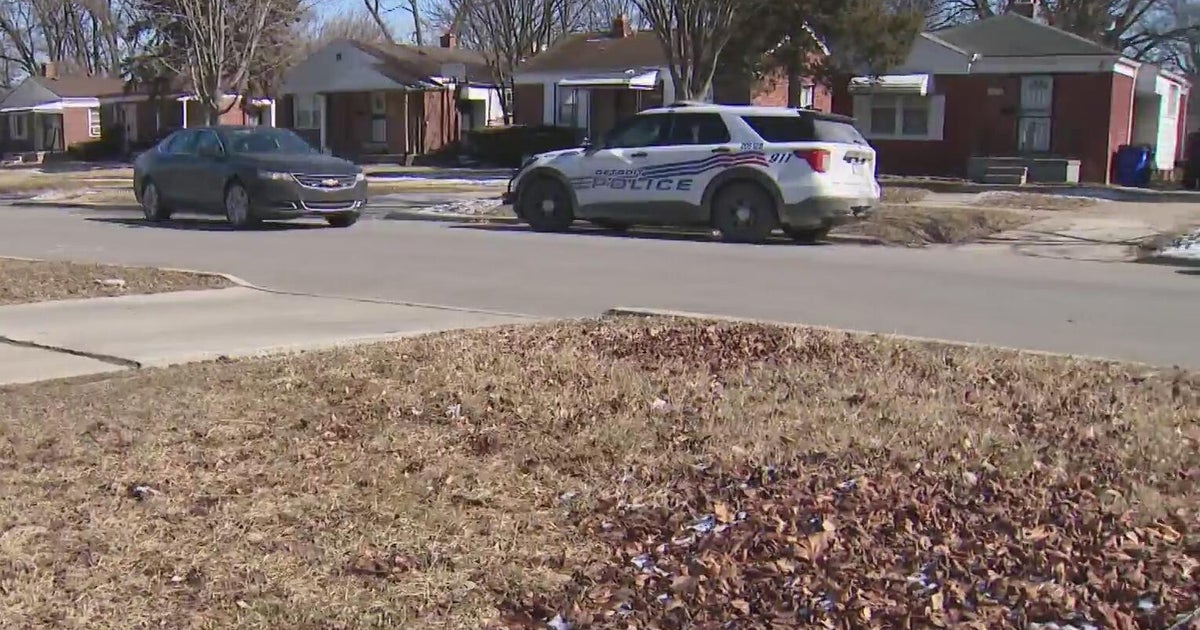Baltimore Sues Ghost Gun Manufacturer, Gun Retailer; Mayor Demands Both Stop Selling Gun Kits That Create 'Public Health Crisis'
BALTIMORE (WJZ) -- Baltimore Mayor Brandon Scott announced on Wednesday that the city has filed a lawsuit against one of the largest manufacturers of ghost guns, alleging that it has created a public health crisis.
The city filed its lawsuit against Polymer80, Inc., in the Circuit Court for Baltimore City, alleging negligence, public nuisance, and violations of the Maryland Consumer Protection Act., Scott said.
The Affirmative Litigation Division within Baltimore City's Department of Law, Brady, a national gun violence prevention organization, and Sanford Heisler Sharp, LLP, a national public-interest law firm, filed the lawsuit jointly. Hanover Armory is listed as a defendant, according to city officials.
The lawsuit alleges that Polymer80, Inc. intentionally undermines federal and state firearms laws by designing, manufacturing, selling, and providing ghost gun kits and parts to buyers who do not undergo a background check.
Scott said Wednesday that cracking down on "these tools of death, destruction, and violence" is the only way to build "a safer Baltimore."
"Takedowns alone is not enough. Legislation is not enough," he said. "We have to go after the companies."
The company has also intentionally undermined the Gun Control Act, the Maryland Handgun Register law, and the Maryland Handgun Qualification License law for years, according to city officials.
The suit asks for monetary belief and "injunctive relief requiring the defendants to cease the public nuisance they have created."
Polymer80 did not respond to WJZ's requests for comment. The city also named an Anne Arundel County gun retailer in the lawsuit.
Hanover Armory regularly sells Polymer80's gun kits in Maryland without determining whether customers are prohibited from owning a firearm, according to the lawsuit.
"Ghost guns are a devastating menace to the people of Baltimore," Scott said. "This lawsuit shines a light on Polymer80 and individuals who routinely create a marketplace for deadly, untraceable weapons. The availability of these weapons – particularly to criminals, juveniles and other people who are prohibited from owning a firearm – presents a growing public health crisis. We must stop Polymer80 and companies like it that profit from destroying our communities."
City officials claim that Polymer80, Inc., has both directly and indirectly flooded Baltimore with untraceable firearms that lack serial numbers.
"Polymer80 accounts for 91% of all ghost guns seized in Baltimore," said Kris Brown, the president of Brady, a national gun violence prevention organization.
The move to subdue the weapons manufacturer comes as new data shows that ghost guns accounted for 31.5% of all guns seized in Baltimore.
Statistics provided by the Baltimore Police Department to WJZ show that the number of ghost guns confiscated by officers had increased greatly since 2018.
- 9 ghost guns in 2018
- 30 in 2019
- 128 in 2020
- 352 in 2021
- 187 as of May 31.
Washington, D.C. and Los Angeles, California have also filed lawsuits against Polymer80.
Baltimore Police Department Deputy Commissioner Michael Sullivan told reporters at the press conference that ghost guns account for a large portion of the weapons officers have confiscated or recovered in 2022.
"So. of the 187 guns we've recovered roughly 20%—one-fifth almost—have been ghost guns," Sullivan said.
The city is accusing Polymer80, Inc., of profiting off of people who want to evade law enforcement or who cannot obtain a gun from a Federal Firearms Licensee, including underage buyers, buyers with criminal convictions, and gun traffickers.
The city's lawsuit alleges that the company's business model enables an active secondary criminal firearms market of sellers who repurchase its products.
For example, in 2021, Baltimore police uncovered a facility in which four individuals—Latoyah McCoy, Norman Forrest, Jordan Jones, and Edward Miles—had the tools to assemble 40 of the company's ghost guns, according to city officials, city officials said.
Dante Barksdale, a violence prevention worker with Safe Streets, was killed using a ghost gun.
The city's lawsuit requests compensatory damages for policing costs to the City of Baltimore, punitive damages, and injunctive relief requiring Polymer80, Inc., to stop the flow of ghost guns into Baltimore.
The lawsuit is only one part of the complicated solution to gun violence, Brown said.
"We need a complement of solutions to the carnage we are seeing across our country and in Baltimore," she said.
Dr. Joseph Sakran, the director of Emergency General Surgery for Johns Hopkins Medicine, said the lawsuit was a step toward reducing the number of people who "are being slaughtered on our streets."
WJZ Investigator Mike Hellgren profiled Sakran in 2018. He was shot in the throat at age 17.
"This is one of the most important public health problems of our time," Sakran said.
It should not be easier to buy a gun than to buy medication at a drug store or rent a car, Scott said.
"We all have to come off the sidelines of history and be part of the solution to changing the narrative of what's happening in Baltimore and across this country," Sakran said.
Maryland's state ban on ghost guns went into effect Monday. It makes it a misdemeanor to buy and sell unfinished gun frames and receivers with up to 5 years in jail and a ten thousand dollar fine if found guilty.
